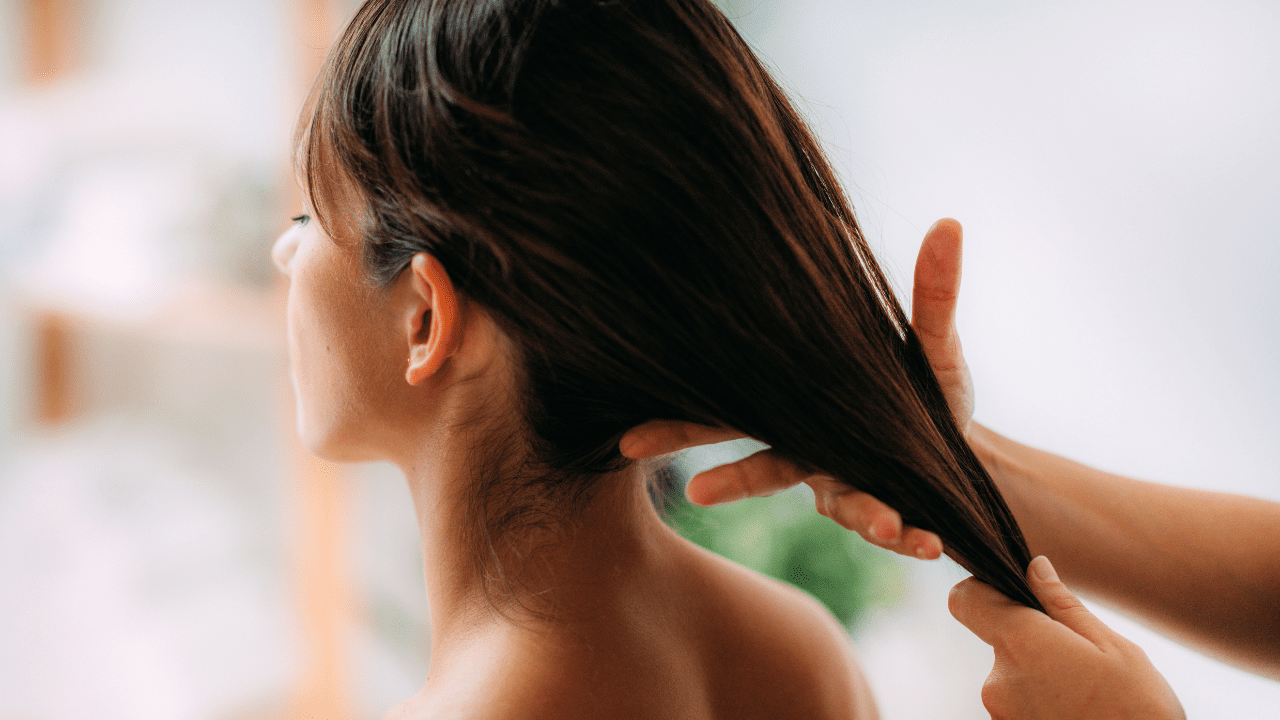Introduction
Eczema, a chronic inflammatory skin condition, can wreak havoc on more than just the skin’s surface. One lesser-known but significant complication of eczema is hair loss. While eczema primarily affects the skin, its impact on hair health can be distressing for those who experience it. Understanding the relationship between eczema and hair loss is crucial for effective management and treatment. In this article we’ll explore whether eczema causes hair loss and what you can do about it.
Causes of Hair Loss in Eczema
Hair loss in individuals with eczema can occur due to various reasons, including:
Inflammation:
Eczema triggers inflammation in the skin, which can extend to the scalp. This inflammation disrupts the normal hair growth cycle, leading to hair loss.
Scratching:
The intense itching associated with eczema often leads to scratching, which can damage the hair follicles and result in hair loss. Persistent scratching can also cause trauma to the scalp, exacerbating the condition.
Scalp Involvement:
Eczema can affect the scalp, resulting in a condition known as scalp eczema or seborrheic dermatitis. This can lead to scaling, flaking, and itching, further contributing to hair loss.
Stress:
Living with eczema can be emotionally taxing, and stress is a known trigger for both eczema flare-ups and hair loss. The stress associated with managing eczema can exacerbate hair loss in affected individuals.
Treatment and Management
Managing hair loss in individuals with eczema requires a comprehensive approach that addresses both the underlying skin condition and hair health. Here are some strategies:
Treat the Eczema:
Effective management of eczema is essential for minimizing hair loss. This may involve using topicals that are formulated to control inflammation and itching.
Gentle Hair Care:
Individuals with eczema should opt for gentle hair care products that are free from harsh chemicals, fragrances, and dyes. Mild, moisturizing shampoos and conditioners can help maintain scalp health and reduce irritation.
Avoid Scratching:
It’s crucial to avoid scratching the scalp, as this can worsen both eczema and hair loss. Keeping the nails short, wearing gloves at night, and using distraction techniques can help prevent scratching.
Stress Management:
Since stress can exacerbate both eczema and hair loss, stress management techniques such as mindfulness, meditation, yoga, and deep breathing exercises may be beneficial.
Scalp Treatments:
In cases of scalp eczema, medicated shampoos containing ingredients like coal tar, ketoconazole, or salicylic acid may help reduce inflammation and flaking. However, it’s essential to consult a healthcare professional before using any medicated products on the scalp.
Nutritional Support:
A balanced diet rich in vitamins, minerals, and essential fatty acids is essential for maintaining healthy hair and skin. Supplements such as biotin, vitamin D, and omega-3 fatty acids may also support hair growth.
Consultation with a Trichologist:
For severe cases of eczema-related hair loss or if hair loss persists despite conservative measures, seeking guidance from a trichologist is advisable. They can provide personalized treatment options tailored to individual needs.
Conclusion
Hair loss associated with eczema can be distressing, but with proper management and treatment, it is possible to minimize its impact. By addressing the underlying eczema while also implementing strategies to promote scalp and hair health, individuals can effectively manage hair loss and improve their overall quality of life. Consulting with a trichologist is crucial for developing a comprehensive plan to address eczema-related hair loss effectively. With the right approach, individuals can regain confidence and enjoy healthier hair and skin.




